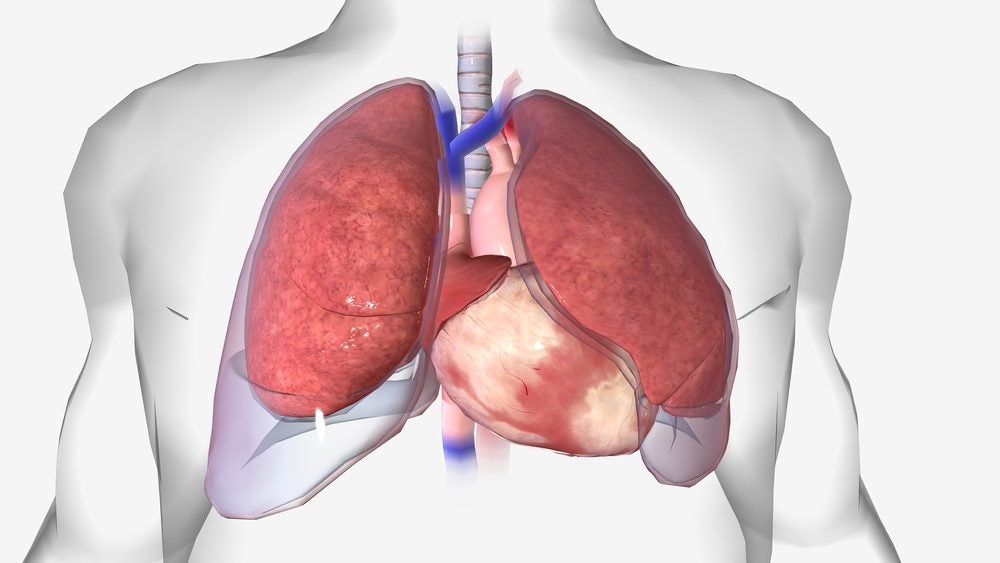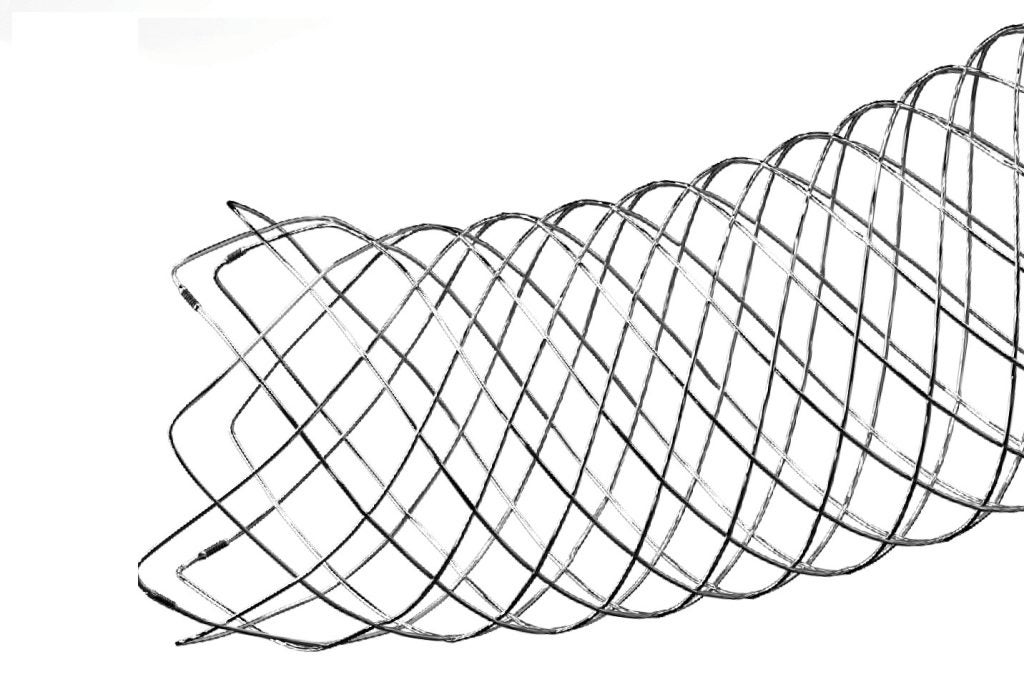US-based device start-up Pleural Dynamics has treated the first patient in a clinical trial evaluating its fully implantable automatic effusion shunt for patients with pleural effusions, a buildup of excess fluid between the lung and the chest wall.
The automatic continuous effusion shunt (ACES) system – which received US Food and Drug Administration (FDA) 510(k) clearance in October 2023 – is a device that uses normal breathing motion to drain fluid continuously and automatically from the pleural space to another part of the body to prevent fluid buildup.
The prospective, single-arm, multi-centre study will enrol 25 patients who have experienced recurrent symptomatic pleural effusion. The study will measure changes in pleural effusion volume in all participants to evaluate the effectiveness of the ACES system and assess its impact on a patient’s health by examining shortness of breath, quality of life, and healthcare usage.
The company has partnered with institutions such as Johns Hopkins Hospital, Vanderbilt University Medical Center, North Carolina University School of Medicine, and the University of Pittsburgh for the trial. The initiation of this study marks the first stage of the full market release of the ACES system.
Founded in 2020, Pleural Dynamics raised $3.2m in a Series A funding round led by Good Growth Capital in March 2024 and $2.2m during a seed round in 2020.
The current standard of care for pleural effusions is pleurodesis, a medical procedure that helps stop the buildup of fluid or air around the lungs. Clinicians use a substance to make the lung stick to the chest wall, preventing the problem from happening again. However, the procedure can cause pain and discomfort, and a long recovery time. According to Pleural Dynamics, the ACES system addresses the drawbacks of pleurodesis.
Speaking on this, the study's principal investigator Fabien Maldonado said: “Through this study, we hope to demonstrate the clinical benefits of the ACES System, which may eliminate the need for pleurodesis with its associated long and expensive hospital stays and pleural catheters with their external drains, their frequent and burdensome drainage procedures, as well as the costly drainage systems, and in so doing improve patient outcomes overall.”
According to a report on GlobalData’s Medical Intelligence Center, the percutaneous drainage catheter market size was $552.4m in 2023.















